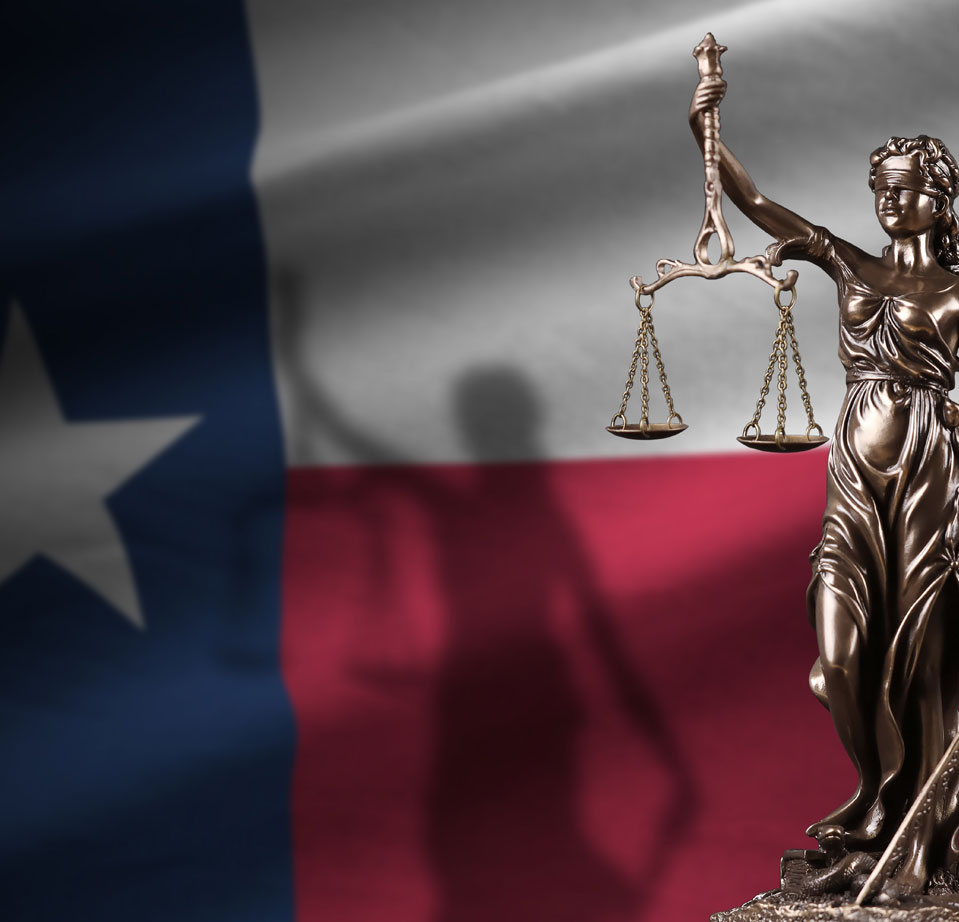Philanthropist on Trial in El Paso for Money Laundering

Philanthropist on Trial
A prominent international trade lawyer from El Paso is on trial this week, accused of conspiring to launder nearly $500 million for a Mexican drug cartel. The case is one of the highest-profile drug money laundering cases ever brought against a U.S. citizen, and part of the government’s fury may be due to allegations the defendant double-crossed federal agents who had hired him as a confidential informant.
The defendant has been a major philanthropist both to the El Paso Symphony and to Carnegie Mellon University, where he was once a trustee and also donated $250,000 to endow a scholarship fund for Hispanic students. After reportedly refusing offers for plea deals, he has pled not guilty to all charges.
The case apparently began in 2007, when agents from Immigration and Customs Enforcement, or ICE, seized over $1 million from the defendant in connection with alleged drug trafficking. In white collar and drug crimes, law enforcement often seizes assets it claims are connected to criminal activity based merely on the indictment — before trial — so such a seizure should not be taken to mean the accused is guilty.
ICE then recruited the lawyer to be a confidential informant. However, prosecutors claim, he continued to launder money for the Milenio or Los Valencias drug cartel. After ICE discovered the alleged double-dealing, the man was arrested in November and charged with conspiracy to launder around $500 million between 2005 and 2008. While he awaited trial, a second, 17-count indictment charged him with fraud and additional money laundering involving the diversion of around $32 million from a Nevada company to offshore bank accounts in 2010.
It is not clear from press reports whether that Nevada firm is accused of involvement in either drug trafficking or money laundering. A conviction on either indictment could send him to federal prison for 20 years.
The case relies in part on several meetings between the lawyer and an ex-wife of former Mexican President Vicente Fox. The U.S. Attorney says they were cutting a deal to launder drug profits, but the defense claims they were merely consulting on energy and international law issues.
In money laundering cases, especially those involving someone with substantial, legitimate international connections, the question often comes down to the details of financial transactions. Was the defendant simply an international lawyer with broad connections or a money launderer for a drug cartel? A jury will have to decide.
Sources:
- USA TODAY, “Philanthropist on trial for laundering cartel money,” Associated Press, Oct. 21, 2013
- New York Daily News, “Prominent Texas lawyer allegedly double-crossed U.S. drug agents, now faces trial for aiding a Mexican cartel,” Deborah Hastings, June 1, 2013



